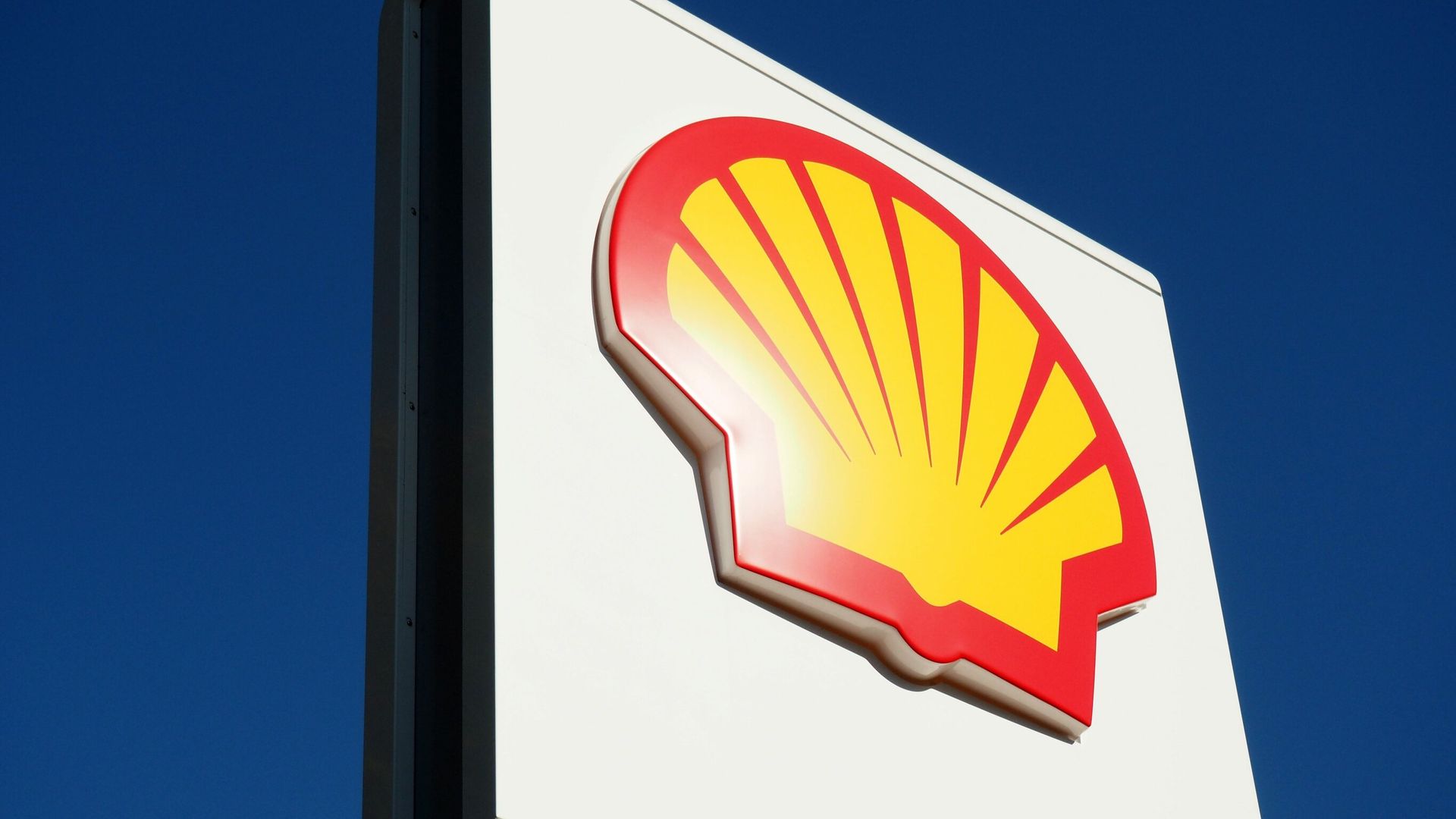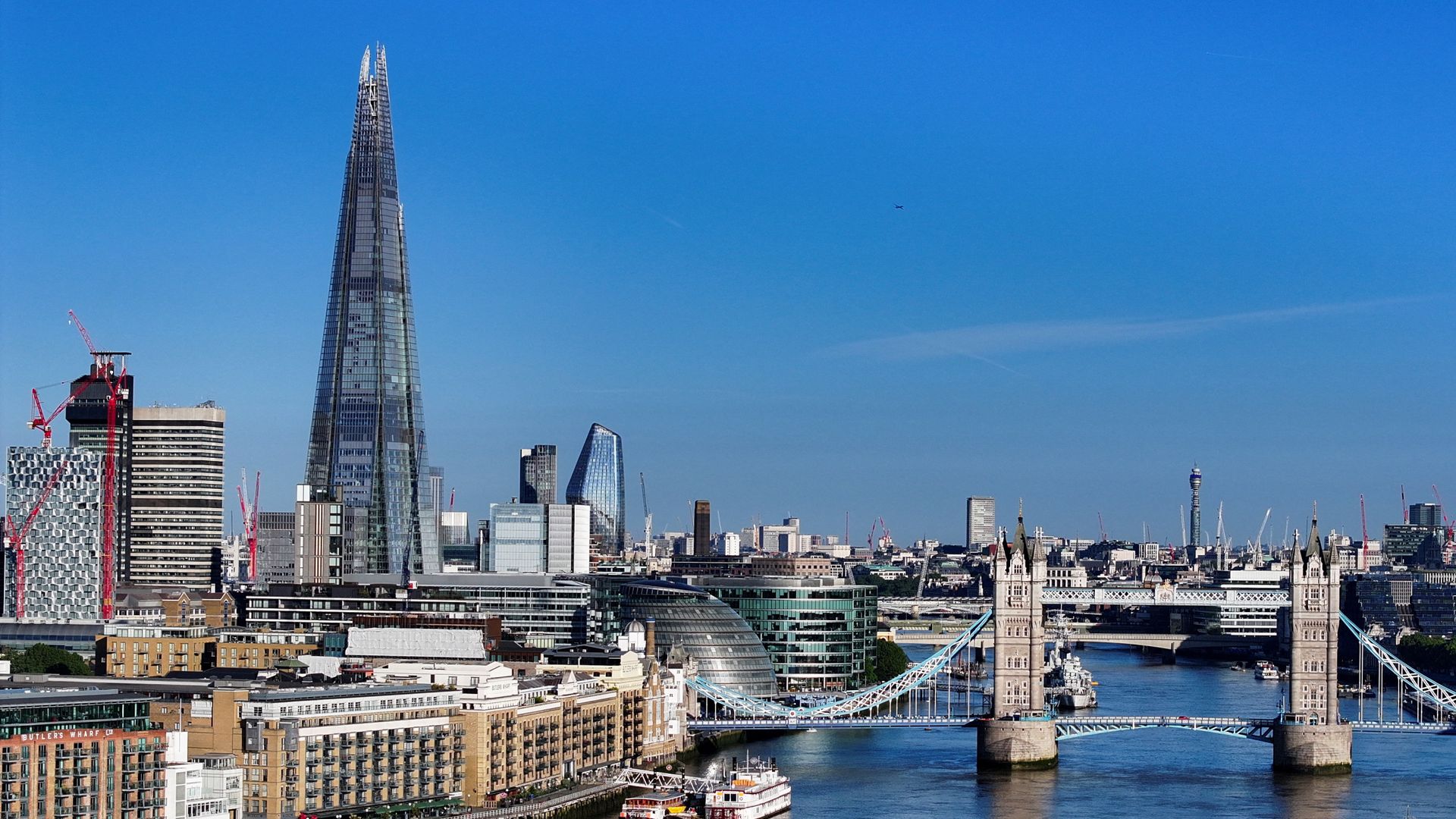
Brazil’s presidential race next year was shaping up to be one Americans might find familiar: an aging incumbent with waning popularity trailing a brazen populist who claimed the last election had been stolen from him.
Then entered President Trump.
Mr. Trump’s threat last week of 50 percent tariffs on Brazilian exports as a way of saving his ally, former president Jair Bolsonaro, from possible imprisonment, has reshuffled Brazil’s political landscape, giving President Luiz Inácio Lula da Silva an unexpected boost.
With Mr. Trump and his politically motivated tariffs as a foil, Mr. Lula suddenly has a clear message: We will not back down to a bully. His stance is drawing praise in the press, going viral online and giving his supporters new hope that Mr. Lula could win a fourth term next year, days before he turns 80.
They have reason to be optimistic: days after Mr. Trump’s tariff threats, Mr. Lula’s approval ratings rose to their highest level in months. New polls showed that 43 to 50 percent of Brazilians approved of his performance, up three to five percentage points since May.
“It was a stroke of luck for the president,” said Camila Rocha, a political scientist at the Brazilian Center for Analysis and Planning, a research institution. “This strengthens him a lot.”
The shift in public opinion is yet another example of the anti-Trump bump, a global phenomenon that has reshaped elections in Canada, Australia and elsewhere by supercharging support for politicians who defy the U.S. president.
In Brazil, amid rising food prices and domestic policy stumbles, Mr. Lula’s approval ratings this year hit their lowest levels of his three terms. It was time, it seemed, to pass the torch to someone new: 57 percent of Brazilians did not want him to run for re-election.
Then last week, Mr. Trump threatened Brazil with punishing tariffs in retaliation for what he called a “witch hunt” against Mr. Bolsonaro, who faces criminal charges of plotting a coup after losing the 2022 election.
Mr. Lula responded firmly and swiftly to the threat, signaling he was open to negotiating but would not budge on Mr. Bolsonaro’s case. “Brazil is a sovereign nation with independent institutions and will not accept any form of tutelage,” he said.
The new tariffs would take effect on Aug. 1, shortly before Mr. Bolsonaro is expected to stand trial on charges of orchestrating a vast conspiracy to overturn the vote, dismantle the courts and hand special powers to the military. The police say the plot included plans to assassinate Mr. Lula.

Mr. Bolsonaro denies knowing of assassination or coup plans, but admits to studying “ways within the Constitution” to remain in power. He said he was “not happy” about Mr. Trump’s tariffs but suggested that immunity from prosecution, for him and his allies, was the path to an economic truce with the United States.
His allies have pushed Congress to approve an amnesty law. Mr. Lula would most likely veto such a law, but Congress could overturn a veto.
Mr. Lula has promised to respond to U.S. tariffs with levies on American products. Last year, the United States had a $7.4 billion trade surplus with Brazil on about $92 billion in trade.
A tariff war with the United States, Brazil’s second-biggest trading partner, could deal a painful economic shock, worsening inflation and pushing up prices of food, medicine and fuel.
Historically, Brazilians have blamed those in power for economic turmoil. But Mr. Lula may escape voter fury by holding Mr. Bolsonaro and his son, who has been lobbying the White House on his father’s behalf, responsible for the tariffs.
“The former president should take responsibility,” Mr. Lula has said. “It was his son who went there to influence Trump.”
Mr. Bolsonaro says he plans to run again next year, though a court has barred him from holding office until 2030 for sowing baseless doubts about election fraud. Earlier this year, he held a small lead in surveys over Mr. Lula, though the gap was within the margin of error.
“Bolsonaro’s core base will not change its mind” but moderates might, said Rosana Pinheiro-Machado, a professor at University College Dublin and an expert on Brazil’s populist politics.
Mr. Lula, once called the “most popular politician on Earth” by former President Barack Obama, governed over a golden era of commodity-fueled growth in Brazil from 2003 to 2011. He was later jailed in connection to a vast corruption scheme, but then his conviction was thrown out, freeing him to run and narrowly defeat Mr. Bolsonaro.

Mr. Lula has been hobbled by a series of domestic crises. And he has struggled to advance his agenda, clashing with a Congress dominated by right-wing and centrist parties.
Last year, a fall in the shower sparked worries that it might be time for Mr. Lula to make room for a younger successor. .
But Mr. Trump has helped shift Brazilians’ focus to issues like nationalism and sovereignty, said Andrei Roman, chief executive of AtlasIntel, a São Paulo-based pollster.
“It gave people new criteria to evaluate Lula,” he said. “And, for now, it’s helping.”










-3.png)



